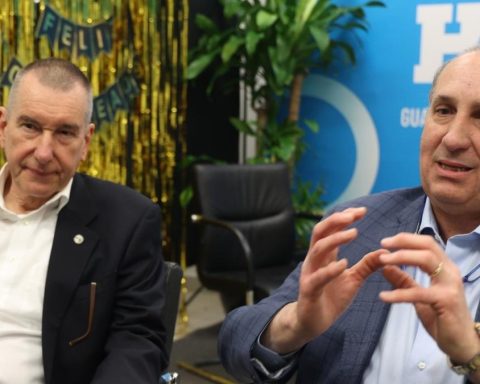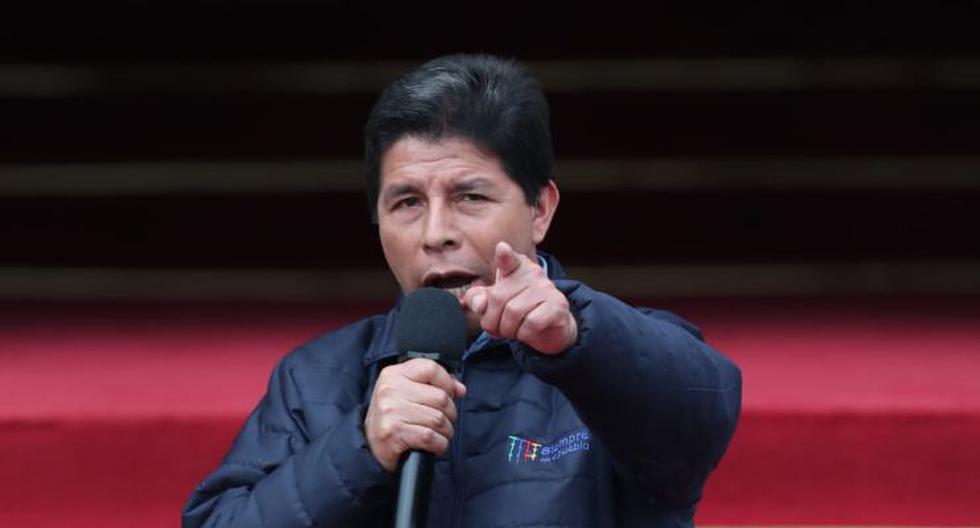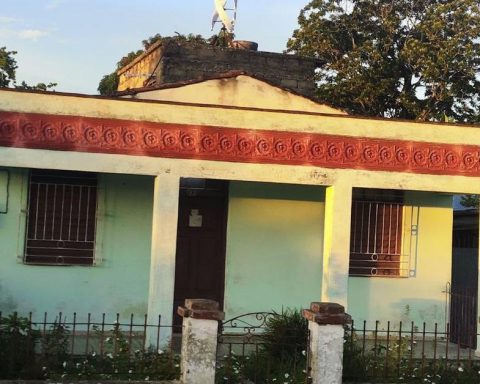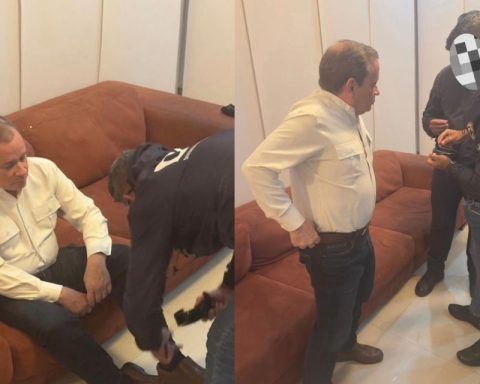Now that in extremis the Congress approved the modification to the organic law of electoral regime 15-19, it is worth remembering that there was a lot of time to have discussed and timely reformed both said law, as well as the 33-18 of political parties that remained in the pipeline , since the Central Electoral Board (JCE) did its job and presented in August 2021 a well-structured comprehensive reform project of both laws in which for each modification it cited the current text, the modification proposal highlighting the changes and the motivations of each one.
Apparently there was no real interest in carrying out this reform and they opted for slowness, which is why after the President of the Republic convened a dialogue in the Economic and Social Council (CES) in August 2021 to discuss a reform proposal. to the Constitution that immediately generated rejection by the main opposition forces, among other institutional reforms, the Permanent Forum of Political Parties (Foppredom) requested that the reform of electoral laws and the approval of an Electoral Code be included in this dialogue, which that from the beginning the JCE rejected because it would complicate the reform.
The discussions at the CES polling station took time as the electoral calendar progressed, and the JCE even complained about the absence of some representatives of the majority parties that led to the suspension of some meetings, and when the CES president finally presented the presidents formally In both chambers, the result of said table contained some consensus and many disagreements, more than a year had elapsed since the JCE deposited its proposal.
One of the most necessary modifications to the electoral regime law was the reduction of the high spending ceilings, which, as denounced, was not accepted by the majority parties, which constitutes a missed opportunity since the law recently approved in Congress is not a specific modification of the 15-19 law, but a new law that repeals and replaces the previous one, and it is logical to think that having completely modified the electoral regime in less than 4 years of having been approved also hastily, the objective should be a new law with a vocation of permanence that does not immediately require another modification.
Another fundamental modification to the electoral regime was the investigation and prosecution of electoral crimes, since as was demonstrated in the 2020 elections, the specialized prosecutor for electoral crimes was at the mercy of the will of the Attorney General of the Republic, which in said process took a long time. in appointing him and there was no significant action from him. For this reason, the JCE proposal contemplated the appointment of a deputy attorney general for these crimes, and that his appointment, as well as that of his deputies and that of the provincial prosecutors, be made through a public contest carried out no less than two years in advance. to national elections; mechanism that in the voted law and that has just been published on the page of the Chamber of Deputies was maintained, but it turns out that this was approved with barely a year to go before the municipal elections, so obviously these attorneys and prosecutors will not be able to be elected to act in the elections next year 2024, so the legislators should have at least provided for a transitional provision in this regard.
Once again it is shown that what is said is one thing and what is done is another, since the politicians played to let time pass to surprise us with a new electoral regime law taken out of the hat at the last minute to the beat of hocus pocus, which although it repeals the 15-19 forcing a numbering change that will take us time to learn and much more to discover what it was that modified and what it left unscathed, we already know that not only does it not contain expected fundamental reforms such as excessive spending ceilings, but that some of the modifications will not take effect for the next elections.
















